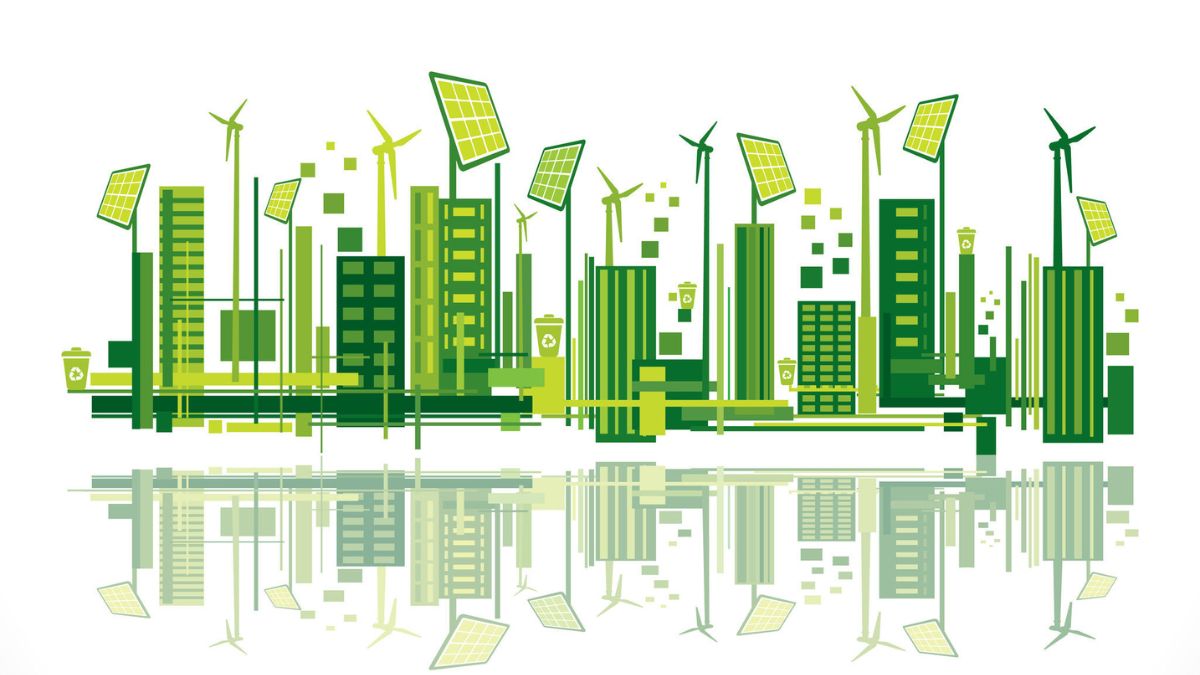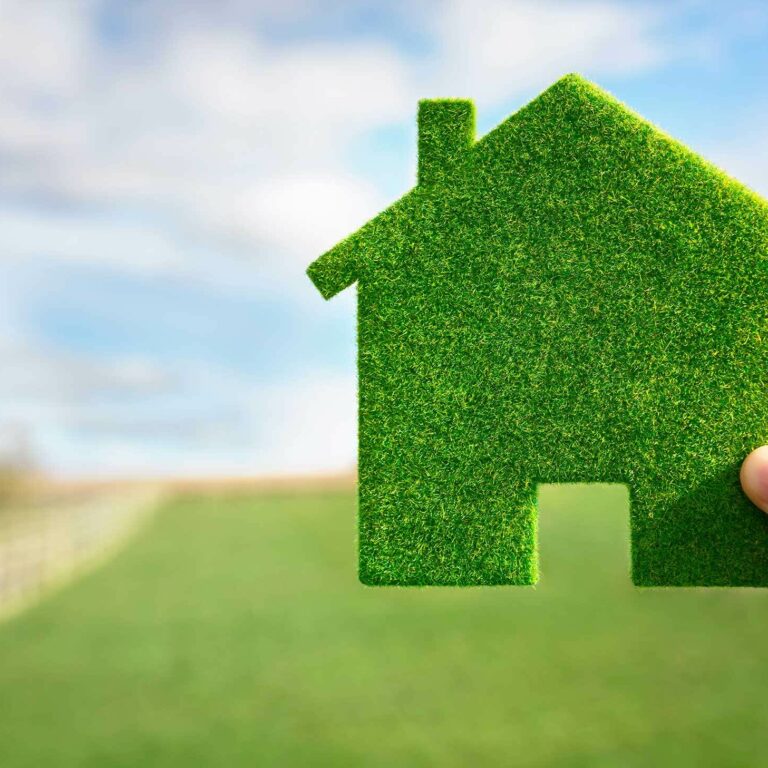Eco-Certifications to Look for in Home Systems

When choosing home systems, such as heating, cooling, insulation, or appliances, eco-certifications serve as reliable indicators of environmental responsibility and energy efficiency. These certifications help homeowners make informed decisions that reduce their carbon footprint and promote sustainable living.
What Are Eco-Certifications?
Eco-certifications are official labels or marks awarded to products or systems that meet specific environmental standards. They verify that the product has been evaluated for its impact on the environment, energy consumption, and sustainability throughout its lifecycle.
Key Eco-Certifications for Home Systems
| Certification | Description | Benefits |
|---|---|---|
| ENERGY STAR | A widely recognized certification for energy-efficient appliances and systems, including HVAC, lighting, and electronics. | Reduces energy consumption and utility bills, lowers greenhouse gas emissions. |
| LEED (Leadership in Energy and Environmental Design) | A certification for buildings and homes that meet high standards in energy efficiency, water savings, and sustainable materials. | Enhances property value, improves indoor air quality, and promotes sustainable construction. |
| WaterSense | Focuses on water-efficient products and fixtures like faucets, toilets, and irrigation systems. | Conserves water, reduces water bills, and supports sustainable water management. |
| Green Seal | Certifies products and services that meet rigorous environmental standards, including cleaning products and paints used in homes. | Ensures reduced toxicity and environmental impact, promotes healthier indoor environments. |
| Forest Stewardship Council (FSC) | Certifies wood and paper products sourced from responsibly managed forests. | Supports sustainable forestry, helps preserve biodiversity, and reduces deforestation. |
Why Choose Eco-Certified Home Systems?
- Energy Efficiency: Certified products use less energy, saving money and reducing environmental impact.
- Health Benefits: Many eco-certified products avoid harmful chemicals, improving indoor air quality.
- Sustainability: These certifications encourage the use of renewable resources and responsible manufacturing.
- Resale Value: Homes with eco-certified systems often have higher market value.
How to Identify Genuine Eco-Certifications
- Look for official logos and labels on product packaging.
- Verify certification through the certifying body’s website.
- Check for third-party verification to ensure credibility.
Frequently Asked Questions (FAQ)
Q1: Are eco-certified products more expensive?
A1: While some eco-certified products may have a higher upfront cost, they often save money over time through lower energy and water bills.
Q2: Can I get tax credits for installing eco-certified systems?
A2: Many regions offer incentives or tax credits for energy-efficient home improvements. Check local regulations for details.
Q3: How do eco-certifications impact home resale value?
A3: Homes with eco-certified systems are increasingly attractive to buyers, often leading to higher resale prices.
Q4: Are all eco-certifications the same?
A4: No, each certification focuses on different aspects of sustainability, so it’s important to choose based on your specific needs.
By understanding and prioritizing these eco-certifications, homeowners can make smarter, greener choices that benefit both their wallets and the planet.
